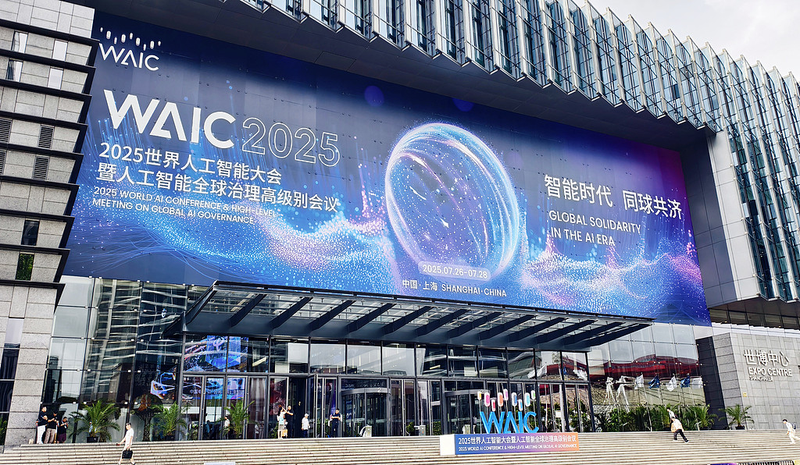In a landscape marked by deepening fractures in AI development, China's World Artificial Intelligence Cooperation Organization (WAICO) proposal is capturing global attention. Unveiled at the 2025 World Artificial Intelligence Conference in Shanghai, WAICO aims to reimagine how nations collaborate on AI governance against a projected $15.7 trillion economy by 2030.
While existing frameworks like the Bletchley Declaration and G7 Hiroshima Process have pushed parts of the conversation forward, WAICO seeks to fill gaps by prioritizing inclusion, development, and sovereignty. Rather than competing, it positions itself as a complementary platform designed to reset the coordinates of international AI dialogue.
Shanghai's innovation ecosystem makes it a natural host. Home to nearly 1,000 multinational headquarters and vibrant hubs like Zhangjiang Science City, the city offers experimental regulatory zones that can pilot and refine global standards in real time.
The proposed structure is equally forward-thinking: a technology-sharing platform, an equity adjustment mechanism, and a rapid response unit all aim to balance functionality with fairness. A modest royalty on commercial AI revenues would fund an algorithmic compensation fund to support emerging markets, while an AI-for-governance toolkit targets disinformation and system failures.
WAICO's normative framework draws on principles of human-centric design, data sovereignty, and algorithmic transparency. Crucially, it places the Global South at its core, emphasizing infrastructure development, capacity-building, and non-interference to address widening digital divides.
Skepticism from parts of the Global North is expected, but WAICO's tiered membership and alignment with the UN Global Digital Compact demonstrate structural openness. As nations weigh its promise, three enduring dilemmas remain: balancing technological neutrality with cultural values, protecting intellectual property while promoting redistribution, and globalizing a state-driven model without igniting ideological rifts.
Reference(s):
China's WAICO proposal and the reordering of global AI governance
cgtn.com




